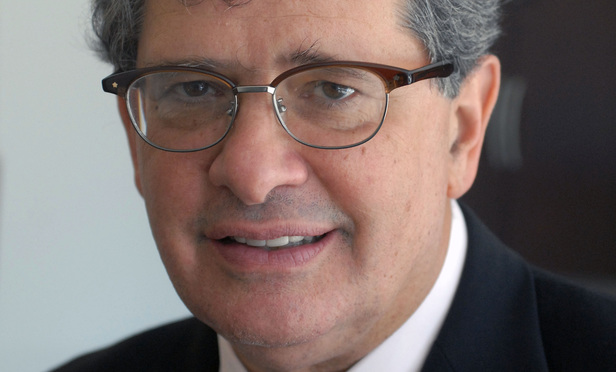On April 28, 1965, 50 years ago today, the U.S. Supreme Court decided Griffin v. California, holding that the federal Constitution forbids a prosecutor or trial judge from commenting adversely on a defendant’s failure to testify.1 Griffin has all the attributes of a landmark Warren Court precedent, of which it surely is one.
Tried for Murder
In the early evening of Dec. 2, 1961, Eddie Dean Griffin stopped Eddie Seay, a stranger, on a Los Angeles street corner to ask directions to a local bar. A night of hard drinking followed, in which Griffin joined Seay and Seay’s common-law wife, Essie Mae Hodson, at a booth in the bar. At 2 a.m., Griffin asked about a place to stay for the night, and Seay invited Griffin to sleep on the daybed in Seay’s living room.



